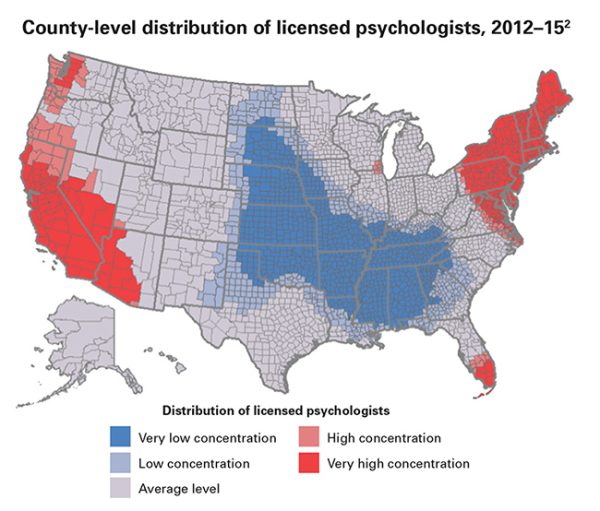“Do everything. You can’t get picky on where you go and what you do. Go to different clinics, volunteer in different places, and try psychiatric hospitals and regular hospitals,” was some advice shared with psychology students navigating themselves to figure out what they will do post-graduation.
Some don’t understand that getting a doctorate in psychology is highly competitive. Most programs only offer ten spots a year, and there are roughly 150 doctoral programs across the country that give people degrees that allow them to call themselves clinical psychologists. This means 1,500 people earn these degrees out of the 300 million in the United States.
“Ask a psychologist” is a series of monthly seminars introduced to allow students to talk with licensed psychologists who are also Mercy University professors: Dr. Ori Shinar and Dr. Kevin Kulic.
Prior experiences with Shinar and Kulic were a motivating factor in his involvement in the series. As an undergraduate student considering psychology, it’s easy to get lost. They didn’t know where to turn or to whom to ask questions until they got a mentor.
Now, they are holding these seminars for open and comfortable conversations with students where they once were.
“If you have any particular questions or feel lost or unsure about what being a psychologist means, don’t be afraid to ask,” Kulic states.
Mercy has a lot of mental health professionals who work in and around the school, but Shinar and Kulic are the only two practicing clinical psychologists. Kulic spends a lot of time discussing clinical situations because he finds them applicable to his teaching material.
Students could ask for tips about choosing what they wanted to specialize in and how that would help them find a career path. These are questions both professors could expand upon for hours.
According to Shinar, knowing the exact specialization one wants to enter as an undergraduate in the early stages is not necessarily meaningful. Students’ experiences later on can change what they want to see going forward. Graduate school and externships can shake up plans.
Students begin working with different populations. They enter different settings and get to interests outside their initial pursuit. Experience along the journey helps you decide on where to specialize.
Internships allow psychology students to get supervision and feedback while working in an area where they don’t feel confident or see themselves. Deciding you don’t want to do something immediately cuts a student into a different avenue of work.
According to the Bureau of U.S. Labor Statistics, there are nearly 200,000 practicing pyscologists in the United States with a median pay of $85,000. There was an increase in 12,000 positions since 2022 with expected growth of another six percent. Statistics prepandemic stated that most positions were on the coasts of the country, and that middle America lacked in resources and position availability.
What if you have a hard time finding a graduate school that offers the specialization students are looking for?
Students have to ask themselves the population they are looking to treat, the kind of treatment modality, and even the degree they aim for.
Talking through the problem and figuring it out is one solution to narrowing this down for students. Another recommendation is to talk to as many psychologists as the students can. Especially the ones working in the field they aspire to be in.
One area that should constantly be improved is research. Ph.D. programs want to know that you can conduct research. Mercy provides several opportunities to be a part of a research team.
The School of Social and Behavioral Sciences has built a robust grant system, and many projects are ongoing.
The more you volunteer and get yourself out there, the better chances students have to narrow down the path they see themselves going down.
To learn more about the ‘Ask a Psychologist’ seminars, contact Dr. Ori Shinar at [email protected] and Dr. Kevin Kulic at [email protected].










